Search Results for Tag: WWF
Oil, Industry and Arctic Sustainability
I arrived at the university campus for Arctic Frontiers this morning to find a row of young people waiting to welcome the Norwegian Prime Minister Erna Solberg with a banner protesting against fossil fuel drilling in the Arctic. Ingrid Skjoldvaer, the deputy leader of Norway’s biggest youth environment organisation told me they want the prime minister to stop Arctic drilling in Norwegian seas and be serious about cutting emissions and taking their climate goals seriously. She knows it brings in a lot of revenue, but says we need to start a transition now for a future with renewables. WWF’s Nina Jensen told me she thinks there is a growing awareness in Norway of the link between fossil fuel emissions and the climate change that is affecting the Arctic so dramatically.
No future without Arctic oil?
In her address to the conference, PM Solberg was clear about the continuing importance of oil and gas drilling for Norway. In a speech focussing on the goal of making northern Norway an “innovative and stable region” and an “attractive place to live” through sustainable development, it became clear that fossil fuel extraction is an integral part of her policy to give people living in the region employment, education, improved infrastructure and maritime safety. At the same time, she stresses, this domestic policy priority is in line with growing international interest in the Arctic.
There was acknowledgement of the problems caused by climate change. But the young people outside will have been disappointed if they hoped for any signs of a shift in fossil fuel policy (not likely in this context or in general with agreement across the parties that Arctic development is key, it seems). WWF’s Nina Jensen told me afterwards she had not expected much else, but was pleased that climate change had at least been mentioned repeatedly in the speech.
The PM stressed the government’s investment in research and development as part of the “need to seize new opportunities and meet new challenges in a rapidly changing Arctic.” The main challenge facing the High North is the lack of qualified labour, she said, stressing also that oil and gas are important areas for future developments. Clearly, the country, whose wealth is based on revenue from oil in the past, is going full speed ahead for Arctic development. Sustainability? Always mentioned, but there still seems to be no answer to the question of how drilling for Arctic oil and continuing climate-changing emissions from fossil fuels can be sustainable.
Greenland, the “ice island”
Imagine a giant island with 3 climate zones, being pushed almost 2km northwards each year. That statistic was quoted by Greenland’s premier Alequa Hammond in her speech. It illustrates graphically the huge changes facing the environment and people of the world’s biggest island with the ice sheet that contains the biggest amount of water in the northern hemisphere and is of key importance to the world climate and global sea levels.
I had awaited the speech by Greenland’s premier Alequa Hammond with interest and was not disappointed. She started by saying she was going to talk not primarily about oil, gas and mining as most might expect, but health and the environment. (Not that the two are unconnected). In her talk, she brought home the effects of climate change on the traditional lifestyles of indigenous Greenlanders in what seemed to me an authentic and sincere way. As well as the melting ice problem, she talked of the contaminants polluting the environment and finding their way into Arctic mammals. Whether you just love them as part of our biodiversity for the sake of it or want them for your food supply, pollution from industrial activity far, far away, is endangering animal life up here.
Hammond is a realist. She knows her small country needs revenue to achieve the goal of full independence from Denmark. But she is also well aware of the negative impacts of rapid industrialisation on a people traditionally very close to nature. While physical health has been improved by better housing, nutrition and health care in the last 50 years, Hammond stresses the negative mental and physical health effects of a loss of traditional values. She mentioned the above-average suicide rates in northern circumpolar areas. Then there are chronic illnesses and heart disease brought on by a shift from hunting and fishing to “office-worker lifestyle”. Urbanisation is another factor, with 80% of the 15.000 Greenlanders living in the capital Nuuk and only 20% in villages, whereas just 100 years ago everyone lived in small settlements.
Hammond identifies the dilemma: How to bring Greenland the prosperity it needs using easier access to oil, gas and minerals, made more accessible through climate change, without destroying a society rapidly being catapulted from a traditional nature-based rural lifestyle into the realities of the industrialised, commercialised, globalised world where the environment has at best secondary priority?
She talked a lot about the special relation with Denmark, the former colonial power. For her it is clear that Greenlanders have the right to complete self-determination – without losing that close relationship.
There was just one thing that I did not find adequately addressed in Hammond’s presentation. She made a clear case for the need for environment protection. We need to do more on maritime safety, oil spill preparedness, cost-effective surveillance solutions to detect oil spills, search and rescue. But when she proudly refers to her government’s controversial decision to abandon the country’s zero-tolerance policy of mining uranium and other minerals with radioactive content, I find it hard to see how this fits.
Another clear message was that outsiders should not interfere. While Hammond said she approved of the decision to have non-Arctic speakers at Arctic Frontiers (and at a time when the secretariat of the Arctic Council here in Tromso is holding a high-level closed doors meeting discussing the role of the many observers to the body), she said “It is clear for me that development in the Arctic should be given by the needs and inspirations of the people of the Arctic. Anything else would be wrong.” At the same time she appealed to any new partners in the Arctic to bear in mind that even small changes will have a big effect on a small indigenous population. Perhaps this reflects the realistic knowledge that developing the Arctic will not be possible without the economic power and the expertise of outsiders. Fine food for thought on this final day of the political part of a conference on “Humans in the Arctic”.
Updates on Twitter @iceblogger
Sustainable Future for Arctic people?
It has been a full day at Arctic Frontiers. This was day one of the two-day political segment (science follows from Wednesday). The main message seems to be that Arctic development is going full speed ahead. The Arctic Council (currently chaired by Canada) snd Arctic states will have their hands full in the years to come, coordinating that development and trying to make it sustainable and of benefit to the people of the High North. “Humans in the Arctic” is a very apt theme.
My impression after today’s events is that Sami and other indigenous people still feel a little out in the cold as the planet warms, the ice melts fast and development speeds up.
Aili Keskitalo President of the Norwegian Sami Parliament (and first female President of any Sami parliament) stressed in her opening address that the changes in the Arctic are clearly impacting living conditions for people in the High North. She mentioned health concerns influenced by climatic change, the accumulation of environmental toxins in food, changes in lievelihoods through new industries, pressure on traditional cultures having an impact on mental health. As indigenous peoples often live close to nature, they are in the front line of climatic change. Traditional industries like fishing, trapping, reindeer husbandry and strong ties to the landscape, imply additional vulnerability to industrial encroachment and other developments, she stressed.
Clearly, mining, oil exploration and the changes that come with them are a huge challenges for indigenous peoples. Challenges and opportunities were buzzwords in today’s sessions. How to help traditional indigenous communities benefit from the “opportunities” of development? Keskitalo stressed the need to respect the human rights of these communities when developing natural resources and changing the environment.
Other high-profile speakers (some more high profile than others – an indication of the priority allocated to the meeting by different Arctic states?) certainly went on a lot about opportunities and making sure the people of the High North get the benefit. But I couldn’t help wondering how much was lip service. This was backed up by informal chats with people in the breaks and some of the questions from the floor. But the proof of the pudding will be in the eating…
It was only in the final session of the day, a panel debate on the Northern Shipping Route, that an ngo representative, Nina Jensen, CEO of WWF Norge, was on the podium. I seem to remember more ngo active participation in earlier years. At that point in the meeting there was finally talk of dangers for rare species, black carbon increase, additional pollution from shipping through grey water, sewage, the danger of a spill of heavy fuel oil, invasive species in ballast water and such like. Yes, climate change-induced Arctic development brings with it not only opportunities but also risks and threats.
The debate was conducted mainly between Nina Jensen and Felix Tschudi, the Chairman of Tschudi Group shipping company, who was putting the industry point of view. Needless to say the two had differing opinions before, during and at the end of the debate. It would be surprising otherwise. It was mentioned during the day that the Polar Code negotiations might be successfully concluded in London this week. That, says Jensen, would be an important first step. But it would not solve all the problems.
This is a debate which will continue tomorrow – and, I have no doubt, well after the end of Arctic Frontiers. How compatible are economic development, environmental protection and the health and traditional cultures of indigenous groups in the Arctic?
“Poles apart” on the Arctic?
Intrigued by a tweet from the British Guardian, “Arctic melt means more pirate chases, say Polish climate hosts”, I clicked on to the website of the organisers of this year’s UN climate talks, to be held in the Polish capital Warsaw next month. Alas, the blog where the offending entry had been posted has been temporarily closed, leaving only this message:
“For the time being we decided to take some time away from our blog. Our idea was to focus attention on important issues that need good solutions and spark discussions on those. We did not foresee that some readers would take the presented texts literally as the official Polish position. Notwithstanding we would like to express regret as some of you found the text to be inappropriate. We acknowledge these criticisms. It was certainly not our aim to offend anybody. We will take due care that all new articles and posts on this website are written in a clear and sensitive manner so as to avoid misunderstandings. Stay tuned for more ideas.”
Unbelievable. The people responsible for the COP19 website have not felt obliged to write carefully up to now? People have been able to put their own “non-official” views on there? Well, the aim of “sparking discussions” has certainly been achieved, if not in the way the conference organisers intended. I will have to refer you to the Guardian if your curiosity is aroused as to what was actually on the blog before it was closed. Let it suffice here to quote the possibility mentioned there of “chasing the pirates, terrorists and ecologists that will come to hang around…” in the developing Arctic. No wonder Greenpeace and WWF amongst others called for the post to be removed. “Pirates, terrorists and ecologists”?
Poland’s hosting of the conference is in itself controversial, given that the country receives almost all its electricity from coal. The conference partners listed on the website include PGE, the Polish Energy Group which runs several coal power plants in the country, including the largest coal-fuelled thermal power plant in Europe, Belchatow.
Poland, you will have to smarten up your act and drastically improve your communications in the run-up to a key conference that should pave the way for emissions reductions in the interest of the Arctic and the rest of the planet. Assuming you are taking this issue seriously?
Arctic Council disappoints Greenpeace,WWF
Environment ngos have expressed disappointment at the outcome of the Arctic Council meeting in Kiruna on May 15th. Too little action and too slow, seems to be the consensus.
Alexander Shestakov, Director of WWF’s Global Arctic Programme said: “We are disappointed that the Council is not moving faster to address such urgent issues as preventing oil spills, and reducing the impacts of regional and global climate change.” Shestakov says the issues have been placed on the “back burner” for two years, and “the pace of change in the Arctic does not allow for a two year time-out.”
Greenpeace International senior policy advisor Ruth Davis said: “Throughout this meeting, the evidence from scientists and Indigenous Peoples has highlighted the devastating impacts of our fossil fuel addiction on the Arctic. Yet the Council seems in the thrall of business interests wishing to extract more oil and gas, whatever the costs to local people, wildlife and the future health of the planet”.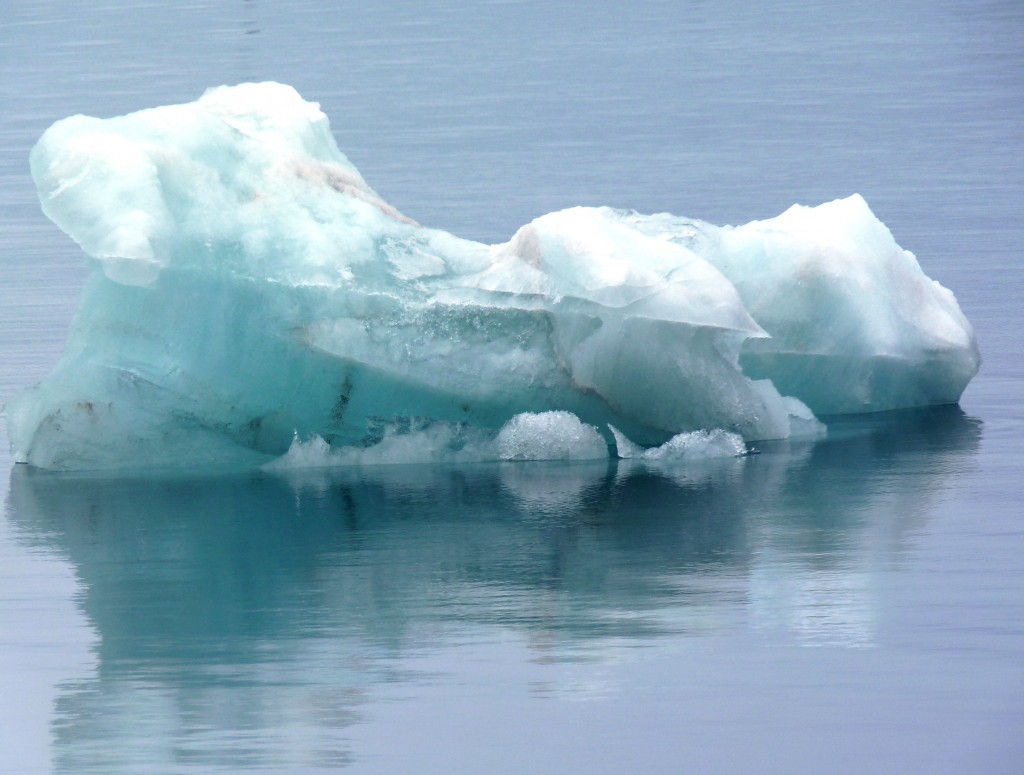
- Endangered species
Oil spill response
An oil spill response agreement was officially signed at the Kiruna meeting. WWF has official observer status and was involved in drafting the agreement. The organisation says it “will be watching to ensure that the agreement is effectively implemented”.
Greenpeace (whose request for observer status was turned down at the meeting) is highly critical of the “Cooperation on Marine Oil Pollution Preparedness and Response in the Arctic Agreement”, signed in Kiruna. Greenpeace says “it includes no specific practical minimum standards that governments must adhere to, and has no provisions to hold companies liable for the full costs and damages of a spill should one occur”. Greenpeace had leaked the draft document back in February, saying it was “disappointingly weak”.
Black carbon
The other key issue environmentalists would like to have seen progress on is black carbon or soot. WWF says Russia blocked negotiations on an agreement to tackle black carbon, which is produced by burning diesel and other fuels and is blamed for increasing the melting of Arctic ice and snow.
Greenpeace sees a wide gap between the “firm recommendations from its (Arctic Council’s) own scientists based on the Council-commissioned reports on ocean acidification and the impact of climate change on biodiversity”, and the “lack of any meaningful action”. That gap between evidence and recommendations from scientists and real political action, it seems to me, becomes even clearer looking at the wider cause of climate change in the Arctic and around the globe – human-made emissions of greenhouse gases. Without rapid action from the main emitters (one is a member of the Arctic Council, another has just been given observer status), it seems more than likely the Arctic as we know it will not exist for much longer. As I have written here before – “you can’t have your ice and melt it“. Can you?
“Penguins” ask Berlin to save Antarctic
Today, it seems, is World Penguin Day. If you happened to be in the German capital, Berlin, this would have been drawn to your attention by largish “penguins” visiting the embassies of Russia, China and Norway, as well as the German Agriculture Ministry, which, it may surprise you to know, is responsible for the protection of the Antarctic on behalf of the German government
Activists from “The Antarctic Ocean Alliance“, (AOA) made use of the occasion to draw attention to the need to protect the pristine ice region at the south of the world. The background is that Germany will be host to a meeting of the Commission for the Conservation of Antarctic Marine Living Resources (CCALMR) in July this year. The meeting, in Bremerhaven, home of Germany’s Alfred Wegener Institute for polar and marine research, will be discussing the possible creation of two Marine Protected areas (MPAs) in the Antarctic. The alliance, made up of WWF, Greenpeace, Deepwave, Whale and Dolphin Conservation (WDC) and others, is calling on Germany to play a leading role and on other key countries to support a decision in favour of the protected areas.
Steve Campbell, Campaign Director of the AOA, stressed Germany’s long tradition of scientific polar research and the key role the country could play in Antarctic protection. The alliance stresses that the Southern ocean is under increasing pressure from climate change and resource depletion. The areas the AOA want protected now are described by the campaigners as one of the world’s last wildernesses and an essential “living laboratory” for the planet.



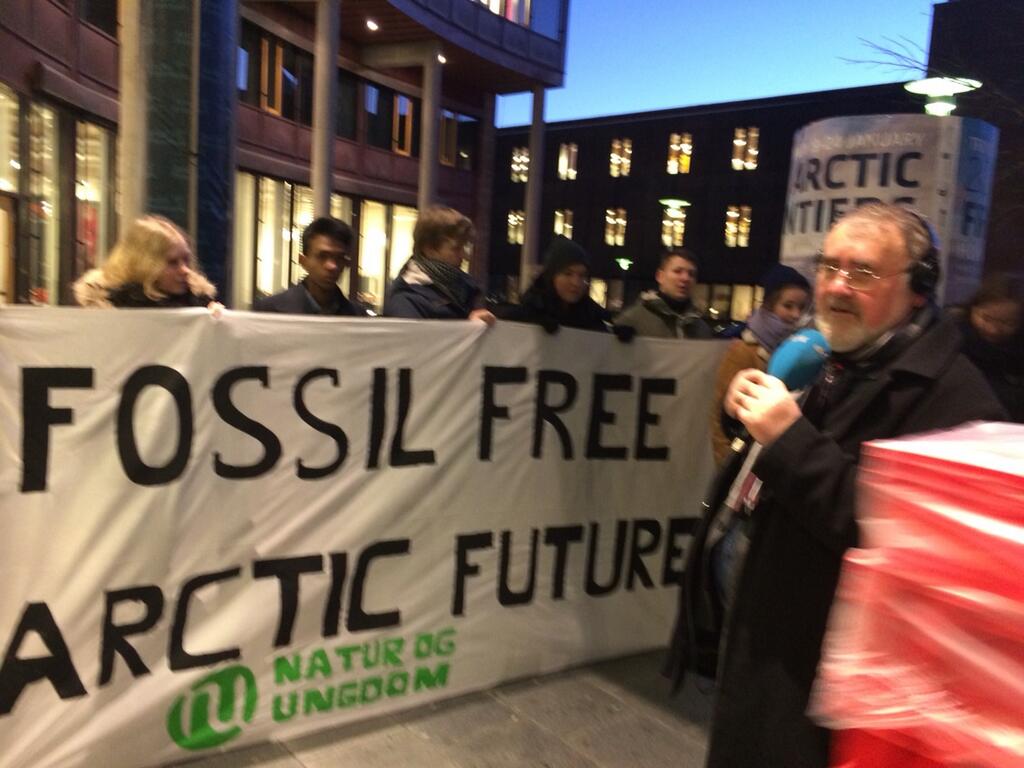
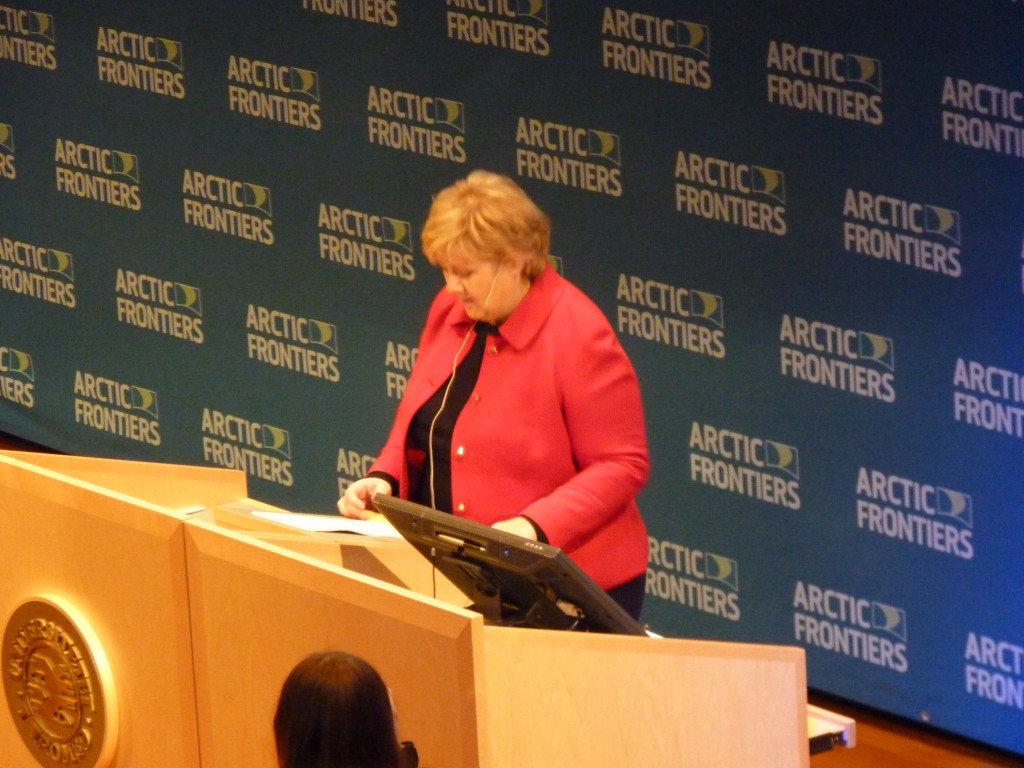
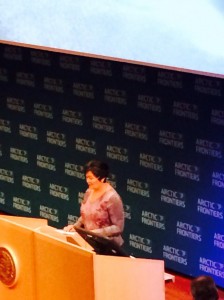

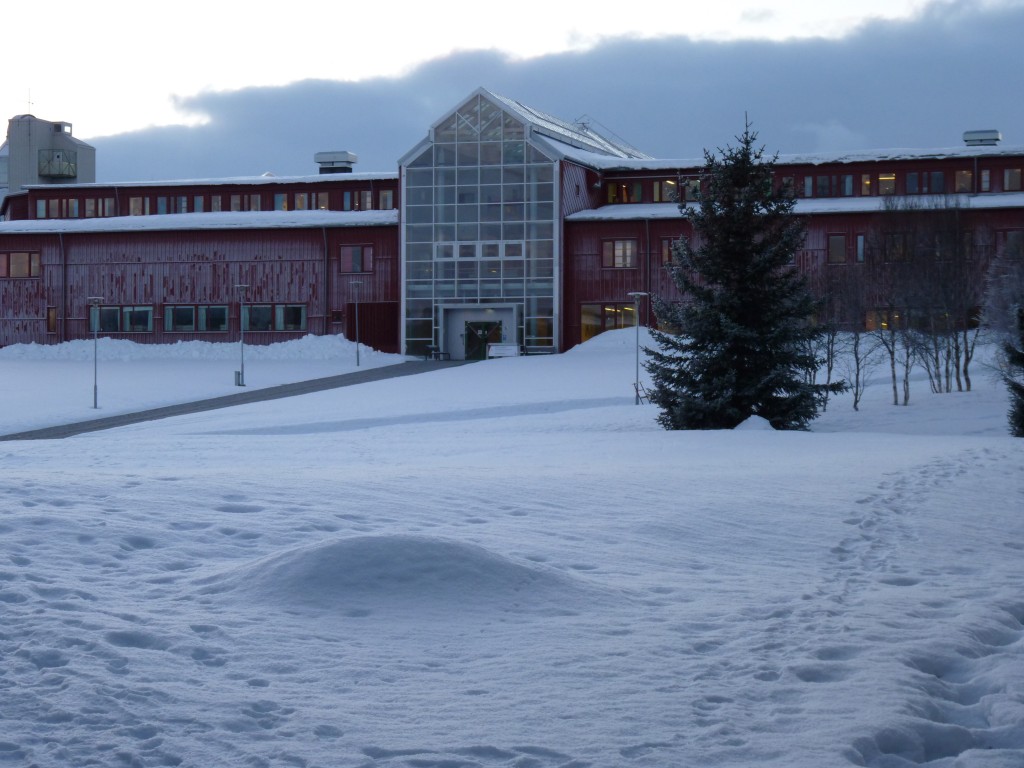
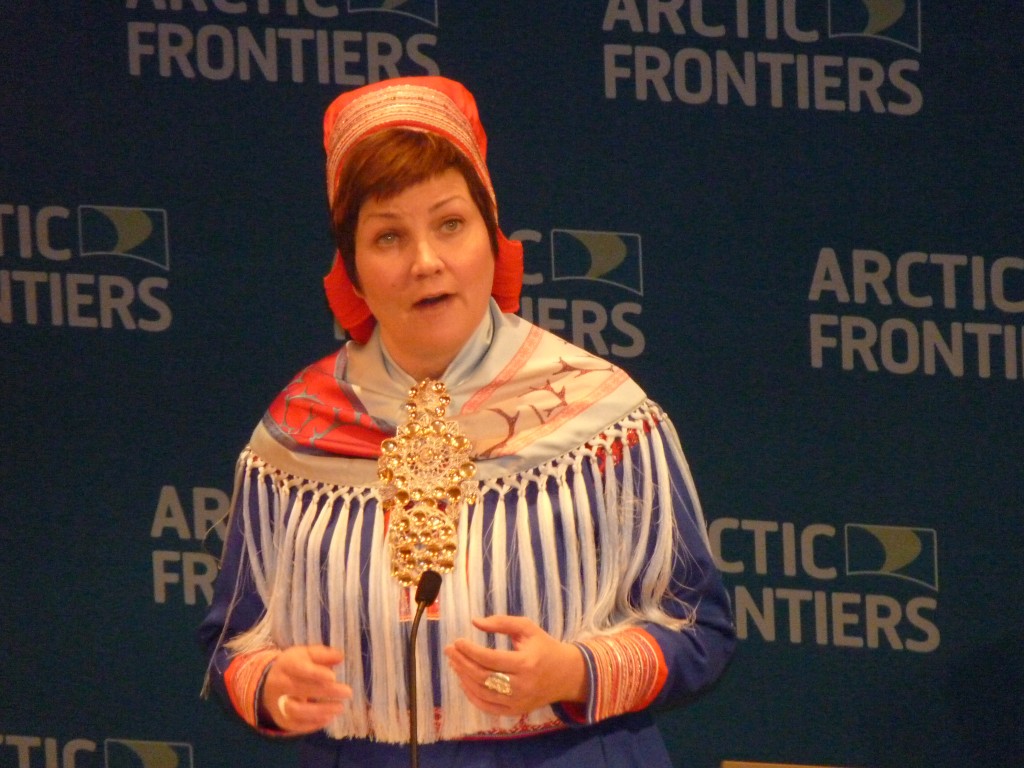
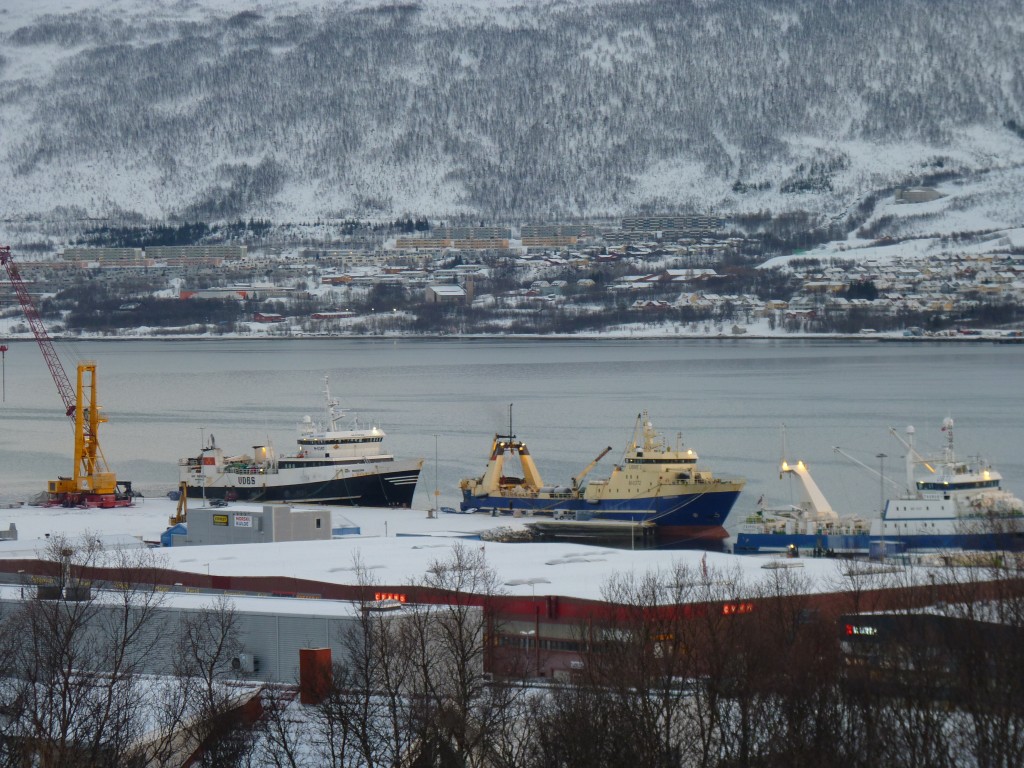
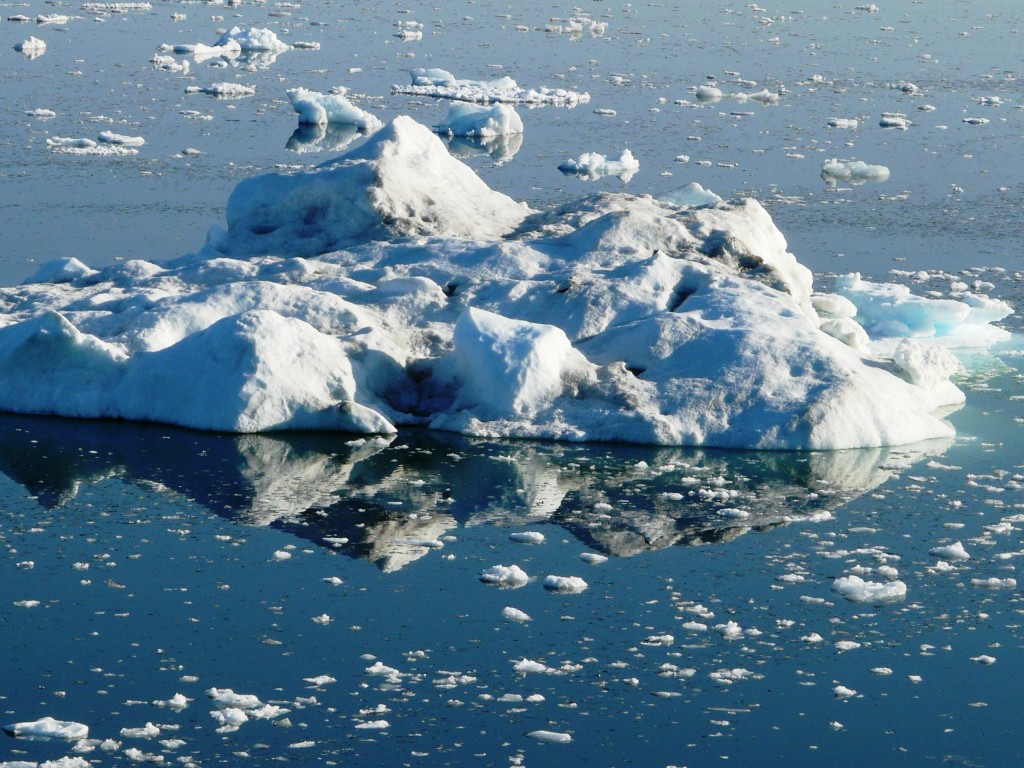
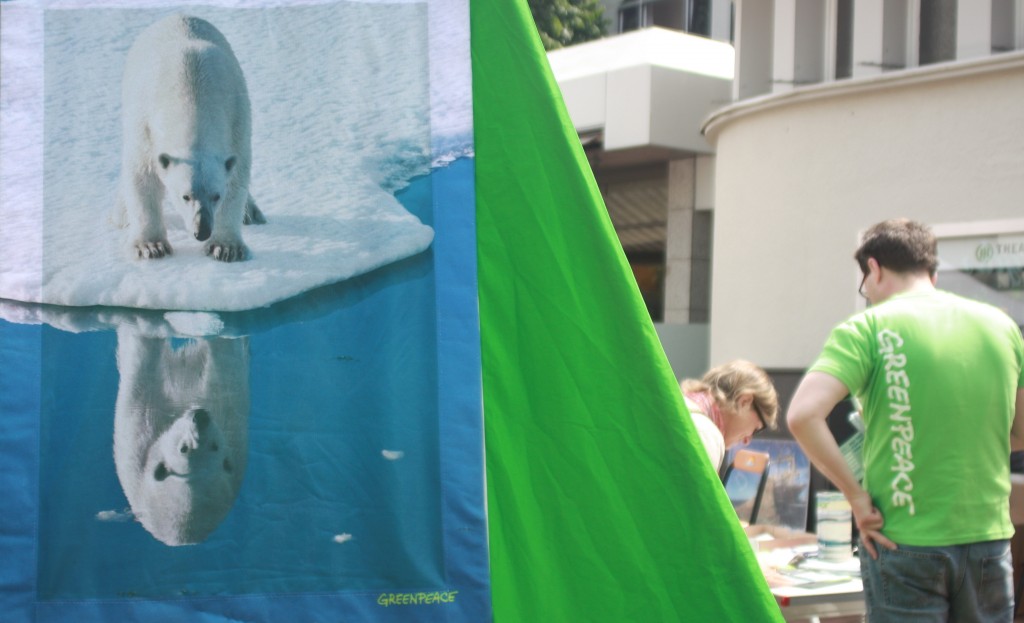
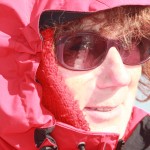

















Feedback